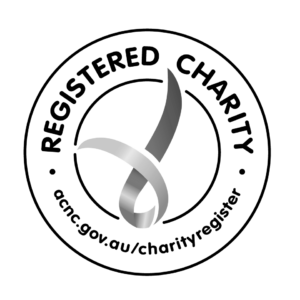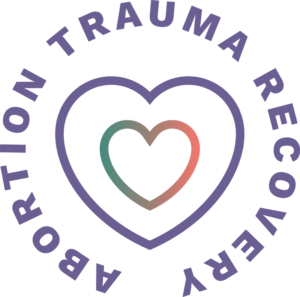There is Hope in Healing
Healing begins with permission to express one’s feelings and finding validation. Abortion can represent a significant loss in a person’s life. Identifying and acknowledging these losses is an essential step towards healing.
The three most serious abortion wounds are Loss of Unborn, Loss of Self, and Spiritual Wound

With very deep wounds one needs to be in a ‘safe’ place to begin the healing journey.
With HOPE • For themselves • For their unborn
Discernment is required when seeking help particularly when one is in a fragile state of mind. Agencies and institutions facilitating denial of abortion trauma and de-humanizing the unborn, have conflicts of interest and are inappropriate places for abortion trauma recovery therapy.
Steps towards healing, wholeness, and the ability to have joy in life again

- Overcoming denial and isolation
- Revisit experiences and work through feelings
- Re-humanize self
- Re-humanise unborn
- Delegate responsibility
- Forgiveness – Self and Others
- Accepting and Integrating the experience
- Letting Go and Moving Forward
The healing takes time. You may never forget, but you can move beyond the pain. In this journey, the affirmation and support of others is important.
EMPOWER THROUGH INFORMATION
Information gives insights, understanding and the language to express oneself.
Abortion Trauma Recovery suggests:
- Read personal stories – particularly healing ones.
- Gain deeper insights into:
- Relationships and deeper human needs
- PTSD, disenfranchised or pathological grief
- Repressed feelings and trauma re-enactment
ABORTION GRIEF
Building on from Dr Elizabeth Kubler-Ross’s five stages of grief, abortion grief therapist, Terry Selby adds guilt and shame as another ‘unique’ stage that needs to be worked through as outlined in his book The Mourning After.

Typical presentations of those suffering abortion grief are a fluctuation through the stages, but never reaching acceptance. Two essential factors are needed to begin and complete the abortion grieving process – hope and overcoming denial.
The community does not readily recognize abortion as a death experience for parents largely due to a lack of awareness and understanding. Denial, therefore, takes many forms. Health professionals will generally find abortion trauma too confronting to validate the grief, and their forms of denial can be more subtle and confusing. Further, the continued participation in this denial, undermines hope for the suffering.
The principles of promoting healing are the same that apply to supporting any parent through their grief of losing a child.
Note: It is difficult for a spouse to maintain intimacy and work through their grief if the other spouse does not recognize the enormity of the loss.
How to Give Hope
- Listen with compassion.
- Allow the suffering to express themselves, even if confronted by what is said
- Do not change the subject
- Do not give ‘feel good’, platitudes such as; “It was just a few cells,” “You can always have another baby,” etc.
- Accept your helplessness – there is no ‘fix it’.
- Allow the wounded to lead.
- Encourage the working through and sharing of what led up to the abortion, for instance, experiences in childhood may have disempowered her.
- Envisage their situation and what might be needed to lighten the burden.
- Research abortion trauma – personal stories are insightful.
- Be mindful of triggering events such as anniversary times when more support may be needed.
- Always speak with compassion and sensitivity when referring to abortion. For any parent, the death of a child is a loss like no other.
Abortion is usually a de-humanizing experience. Just ‘being there’, listening and caring, using your own words, is re-humanizing and gives Hope.
It takes courage to struggle through the healing journey.

